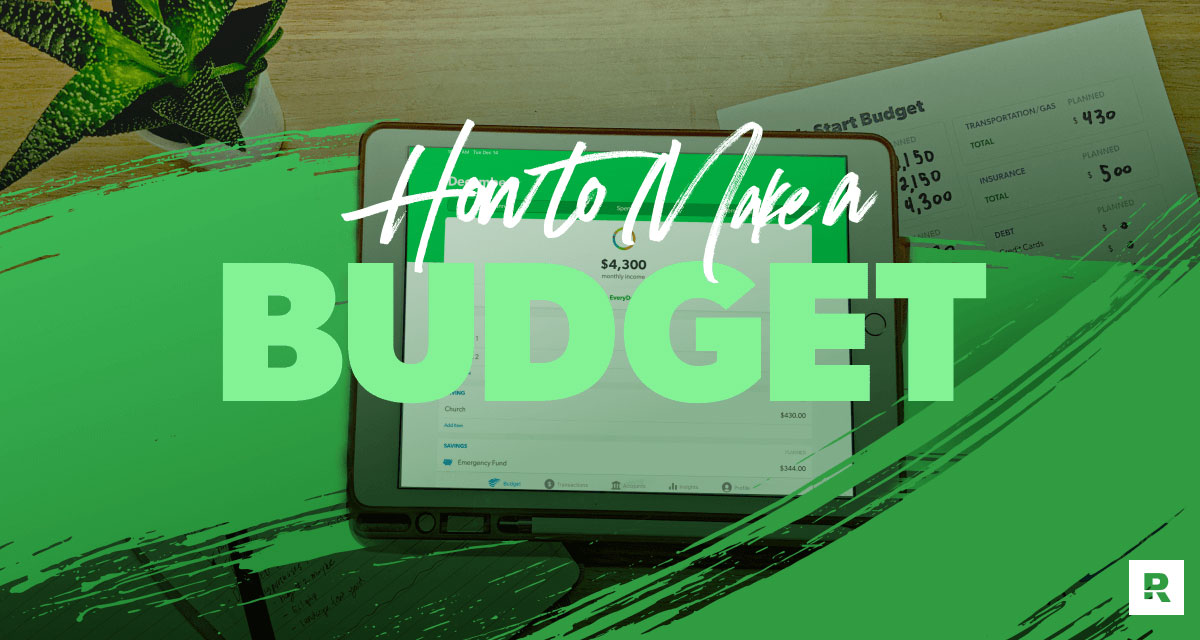Creating a budget and sticking to it is one of the most important steps you can take to save money and improve your financial situation. A budget is a plan for how you will spend your money, and it helps you to track your expenses, identify areas where you can cut back, and make sure you are saving enough for your future goals. In this article, we will discuss the importance of creating a budget, how to create one, and tips for sticking to it.
The importance of creating a budget cannot be overstated. A budget is essential for managing your money and achieving your financial goals. Without a budget, it can be easy to overspend and end up in debt. A budget also helps you to see where your money is going and where you can make changes to save money. For example, if you see that you are spending a lot of money on dining out, you can make a plan to cook at home more often to save money.
Creating a budget is not as difficult as it may seem. The first step is to gather all of your financial information, including your income, expenses, and debts. Once you have this information, you can start to create your budget. There are many different budgeting methods you can use, but one popular method is the 50/30/20 rule. This rule suggests that you should spend 50% of your income on necessities, 30% on wants, and 20% on savings and debt repayment.
Another popular budgeting method is the zero-sum budget. This method involves giving every dollar a job, meaning that you allocate money for every expense and savings goals before the month begins. This method ensures that you are aware of every expense and that you are not overspending.
Once you have created your budget, it is important to stick to it. This can be difficult, especially in the beginning, but there are some tips that can help you to stay on track. One of the most effective ways to stick to your budget is to track your expenses. This can be done by keeping receipts, using a budgeting app, or writing down your expenses in a notebook. Tracking your expenses will help you to see where your money is going and where you can make changes to save money.
Another tip for sticking to your budget is to avoid impulse purchases. Impulse purchases can be a major budget-buster, so it is important to resist the urge to buy things you don't need. One way to avoid impulse purchases is to make a list of things you need before you go shopping and stick to it.
Finally, it is important to be realistic when creating your budget. It is not helpful to set unrealistic goals that are impossible to achieve. Instead, set realistic goals and make adjustments as necessary. This will help you to stick to your budget and achieve your financial goals.
In conclusion, creating a budget and sticking to it is one of the most important steps you can take to save money and improve your financial situation. A budget helps you to track your expenses, identify areas where you can cut back, and make sure you are saving enough for your future goals. It is not as difficult as it may seem, and there are many different budgeting methods you can use. Remember to track your expenses, avoid impulse
Maybe you will like :
Maybe you will like :

Comments
Post a Comment